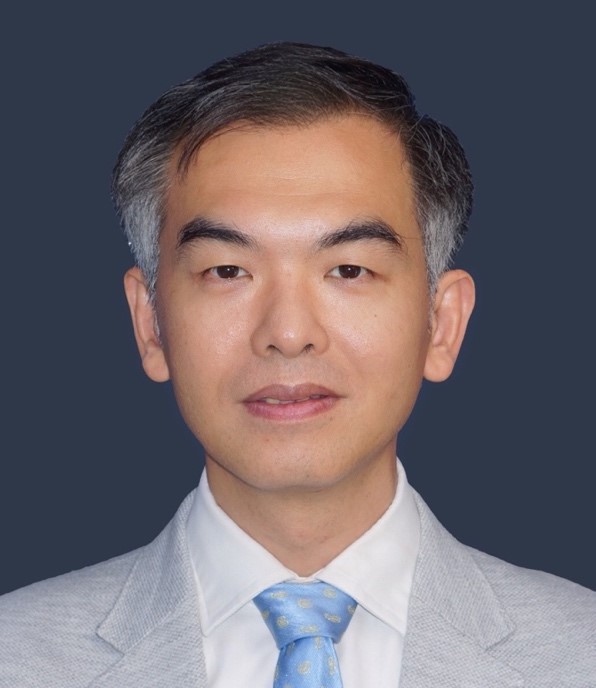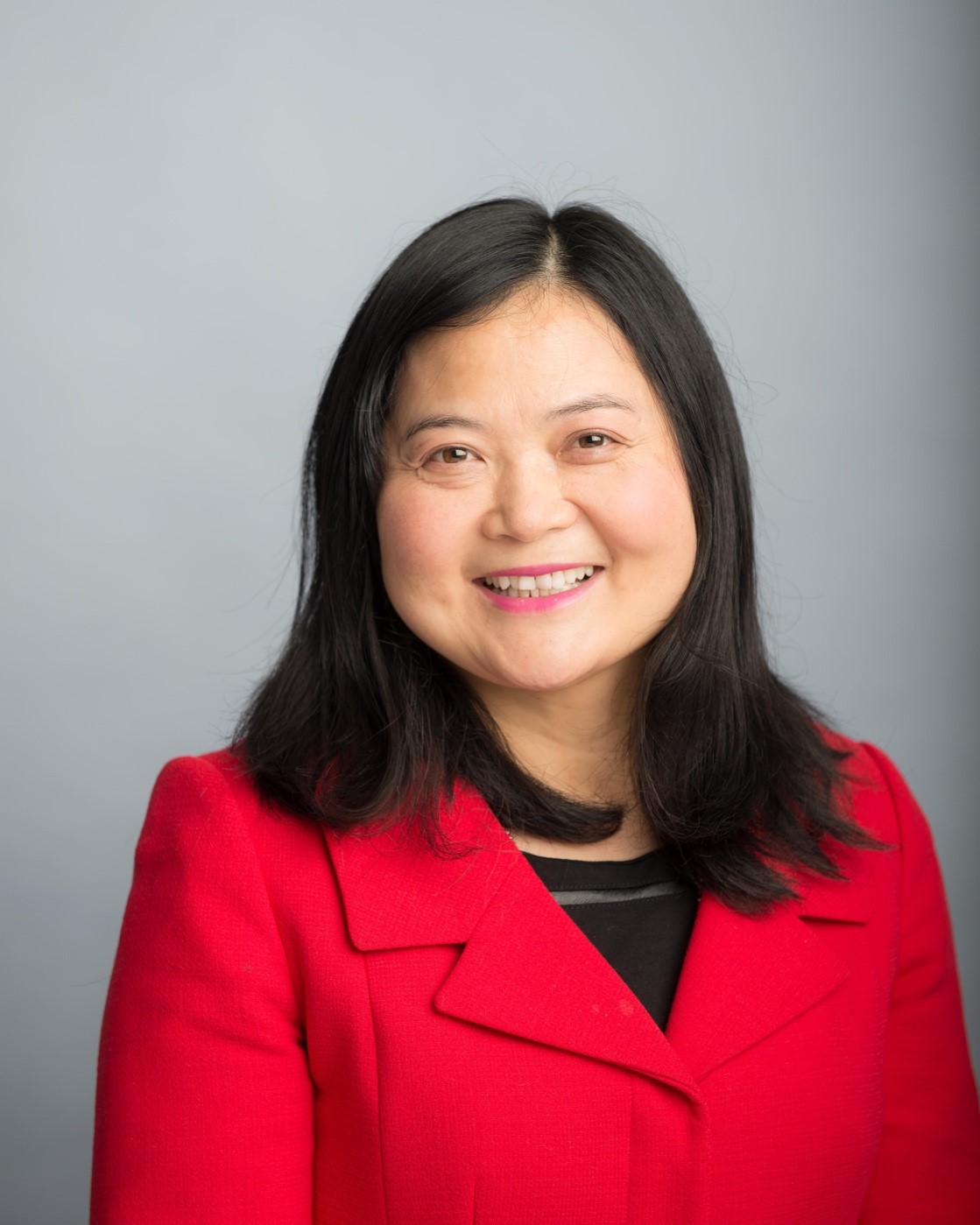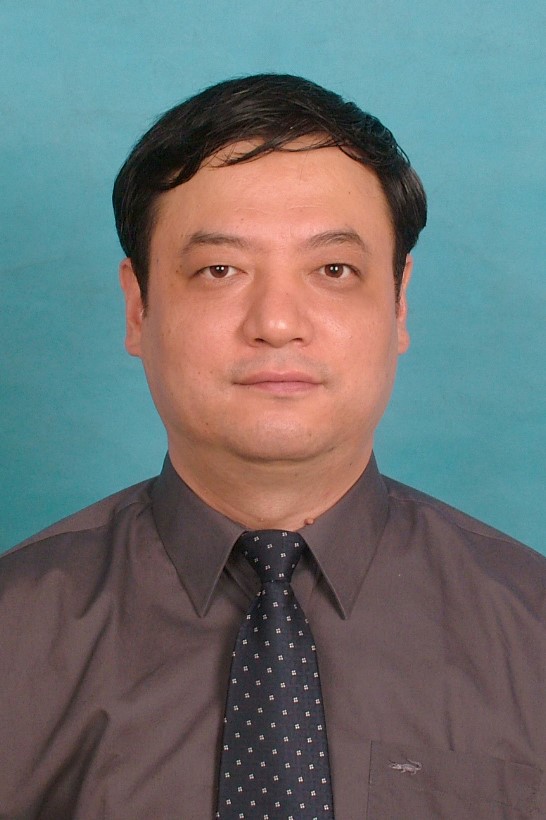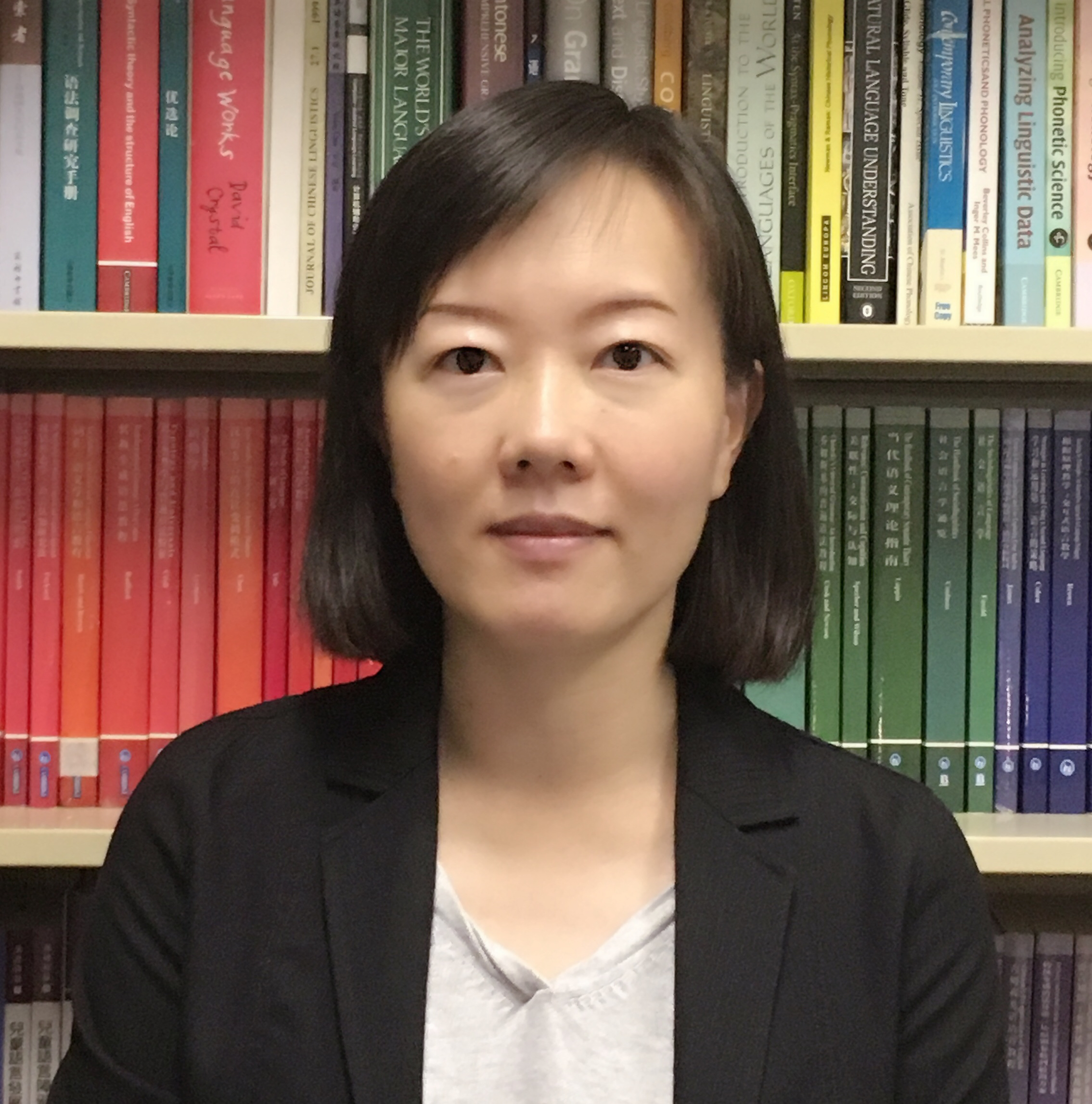|
主題演講嘉賓
主題演講
The Knowledge Base for Teaching in Chinese Heritage Language Schools:
Teachers as ‘Systems Conveners’ in Communities of Practice for Inclusion, Diversity, and Innovation
劉永燦教授 (劍橋大學)
摘要
Language maintenance remains a core mission of teaching Chinese to heritage children in overseas contexts where such teaching usually takes place in community-based heritage language schools or complementary schools. Much research in this area has focused on how heritage learners develop their literacy, in particular reading, vocabulary, and grammar. Less attention has been paid to the work of teachers in these schools who have limited opportunities for teacher training and career development. What professional expertise is needed to mobilise the limited resources available to support Chinese heritage children’s development? How do we conceptualise this professional knowledge base?
In this talk, I argue that teachers’ work in heritage language schools goes beyond supporting language maintenance and is underpinned by a wider range of professional expertise. I conceptualise such knowledge base with a proposed model (SELEC) which includes five dimensions of work supporting Social Integration, Emotional Wellbeing, Language Maintenance, Educational Opportunity, and Cultural Inheritance respectively (Liu & Hoare, forthcoming). Drawing on Wenger-Trayner and Wenger-Trayner’s (2021) work on Community of Practice, I further argue that complementary schools can be seen as communities of practice where teachers serve as ‘systems conveners’ of homes, schools, and communities; they bring together fragmented resources to create a coherent space for inclusion, diversity, and innovation.
I begin by comparing the existing literature on the knowledge base for teaching in different fields of language education such as Modern Foreign Language (MFL), English Language Teaching (ELT), and English as an Additional Language (EAL). I then present a case for the need of a distinct knowledge base for heritage language education. I draw upon my own research and collaborative work on heritage language education, in Chinese as well as in other languages, to illustrate teachers’ multifaceted work in complementary schools. Visual, interview and observation data are presented to sensitise the audience with the concept of ‘systems convening’. Finally, I discuss this idea with reference to the influential Douglas Fir Group’s Framework for Second Language Acquisition and propose an alternative approach to theorising S(econd)/H(eritage)LA and the professional knowledge base to go with it.
Implications for policy and practice are also discussed. I suggest that a progressive policy agenda for planning and developing Chinese complementary schooling in England and in similar contexts across the world is needed which will benefit not only migrant-background children attending these schools but also society at large.

劉永燦教授
Yongcan Liu is Professor of Applied Linguistics and Languages Education at the University of Cambridge and co-director of the Centre for the Study of Global Human Movement. His main research interest lies in the language(s) of schooling for migrant children in contexts of diversity and uncertainty. He has worked on a series of linked projects on the schooling experience of migrant children with English as an additional language and is co-author of the EAL Assessment Framework for Schools. His latest book (co-authored), entitled Language Development and Social Integration of Students with EAL, was published with CUP in 2020. His current projects look at the knowledge base for teaching in a variety of heritage language schools and the knowledge base for Chinese language teachers’ professional development.
主題演講
Embracing EDI through Culturally and Linguistically Relevant Pedagogies in Overseas Chinese Classrooms
李國芳教授 (英屬哥倫比亞大學)
摘要
Although equity, diversity, and inclusion or EDI has been embraced in mainstream K-12 and higher educational contexts in North America and globally, its up-take in Chinese as a second/foreign/heritage language classrooms has been very recent. Teaching in these classrooms has been subjected to a narrow conception of cultural homogeneity, knowledge-transmission approach to instruction, and target language only policies. These instructional approaches have yet to capitalize on learners’ cultural, linguistic, and social assets and have served as demotivational factors for learners continued investment and success in Chinese learning. Drawing on several studies on Chinese teaching and learning in immersion and heritage language classrooms, this presentation will explain the superdiversity present in the overseas Chinese classrooms and the need to proactively embrace EDI to mobilize learners’ diverse assets for learning. The presentation will introduce culturally and linguistically relevant Chinese teaching that attends to superdiversity and EDI to empower learners’ development of multilingual identities and language and academic success.

李國芳教授
Dr. Guofang Li is Professor and Tier 1 Canada Research Chair in Transnational/Global Perspectives of Language and Literacy Education of Children and Youth, University of British Columbia. Her research interests span longitudinal studies of bilingualism, new literacies and technology-enhanced language teaching, language teacher education, and language and educational policies in globalized contexts. Li’s recent works include Handbook on Promoting Equity in Education for Inclusive Systems and Societies (Forthcoming, Routledge), Superdiversity and Teacher Education (2021, Routledge), Languages, Identities, Power and Cross-Cultural Pedagogies in Transnational Literacy Education (2019, Shanghai Foreign Language Education Press), and Educating Chinese-heritage Students in the Global-Local Nexus: Identities, Challenges, and Opportunities (2017, Routledge). Her research contribution has been recognized by numerous national and international awards including the 2016 Mid-Career Award from the Second Language Research Special Interest Group (SIG), American Educational Research Association (AERA), the 2016 Carol Weinstein Outstanding Research Award, Classroom Management SIG, AERA, the 2013 and 2006 Ed Fry Book Award of the Literary Research Association (LRA). Li is co-host of International Research Network on Equity in Youth Education and Training and has served as co-editor of Journal of Literacy Research and on the editorial boards of numerous scholarly journals.
主題演講
人工智能背景下的國際漢語教育
孫茂松教授 (清華大學)
摘要
本報告首先扼要評價了以深度學習為代表的人工智能當前發展基本態勢,尤其是近幾年大行其道的大規模預訓練語言模型,即語言的理解模型和語言的生成模型,已成為國際人工智能前沿研究主戰場,極大推動了大數據驅動的人工智能新發展;進而指出深度學習模型給自然語言處理帶來的最大新異之處是將語言的離散符號表示轉化為連續向量表示,在互聯網尺度上實現了詞語語義空間及句子語義空間的有效表達和貫通,並以此為基礎,計算模型表現出較為優良的性能;最後通過若干典型應用案例,討論了人工智能助力國際漢語的可能性(如詩歌寫作、反向詞典等)及其存在的局限性。

孫茂松教授
孫茂松,清華大學計算機科學與技術系教授,清華大學人工智能研究院常務副院長,歐洲科學院院士,中國人工智能學會會士、中國中文信息學會會士。研究領域為自然語言處理、人工智能以及社會與人文計算。在國際一流學術會議和期刊上發表論文200篇以上,Google Scholar論文引用逾2.6萬次。兼任國家語言文字工作委員會第三屆科研規劃領導小組顧問,教育部教學信息化與教學方法創新指導委員會副主任委員、《中文信息學報》主編等。
主題演講
二語學習者的漢字筆順錯誤及影響
梁源博士 (香港教育大學)
摘要
Compared to Chinese character reading, Chinese character handwriting (CCW) is more challenging and consumes an extraordinary amount of time to learn. Learners of Chinese as a second language (CSL) often perform CCW without following stroke order rules whilst still produce character forms accurately. Therefore, whether CSL students should comply with specific stroke order to CCW has been the subject of dispute in previous research. With the demand for learning Chinese globally increase in the past decade, illustrating Chinese stroke order writing has become an urgent practical issue for Chinese textbook writers and classroom teachers.
In the current study, we investigated the error patterns of stroke order writing among CSL learners in Vietnam (N=94). Specifically, the study addressed what orthographic knowledge is required for stroke order writing and assessed the effect of stroke order through a cross-sectional design. CSL learners’ CCW was collected through a writing-to-dictation test. They were also required to complete the stroke identification task and orthography awareness task.
We differentiated sequence errors from form errors of CCW during error analysis, and further identified eight types of sequence errors from CSL learners’ CCW according to the repertoire of Chinese orthographic units of different grain sizes (Lau, 2019; Law & Leung, 2000; Liang, 2019). Results of data analysis show that stroke order writing involves not only stroke-related knowledge but also orthographic units of different grain sizes of Chinese. Most of the sequence errors were evident to occur within the basic units for CCW, i.e., the logographeme and the radical. Besides, stroke order writing influenced the writing form accuracy among CSL learners.
Based on the empirical results, we propose that CCW should not be overlooked as it has a significant role in promoting literacy. TCSL teachers could introduce standardized official stroke orders of characters to CSL learners whilst provide flexibility to students to develop their own order rules. Meanwhile, particular instruction of stroke sequence within logographemes and radicals should be given to improve CSL leaners’ performance in CCW.

梁源博士
Dr LIANG Yuan is an Associate Professor and the Acting Head of the Department of Chinese Language Studies, and the Associate Director of the Centre for Research on Chinese Language and Education at The Education University of Hong Kong. She has worked as a Chinese linguist in a number of areas including (i) functional grammar, (ii) language contact and change, and (ii) Chinese as a second language education. Recently, she has endeavored to explore Chinese character teaching and learning among non-Chinese-speaking learners and edited a monograph Character Teaching and Learning in L2 Chinese Classrooms: From Theory to Practice with Dr NGUYEN Hoang Anh. Dr. Liang has published more than 50 refereed journal articles and book chapters. She also serves as the associate editor of the International Journal of Chinese Language Education and the co-editor (general editor) of a book series The Routledge Series on Chinese Language Education.
|